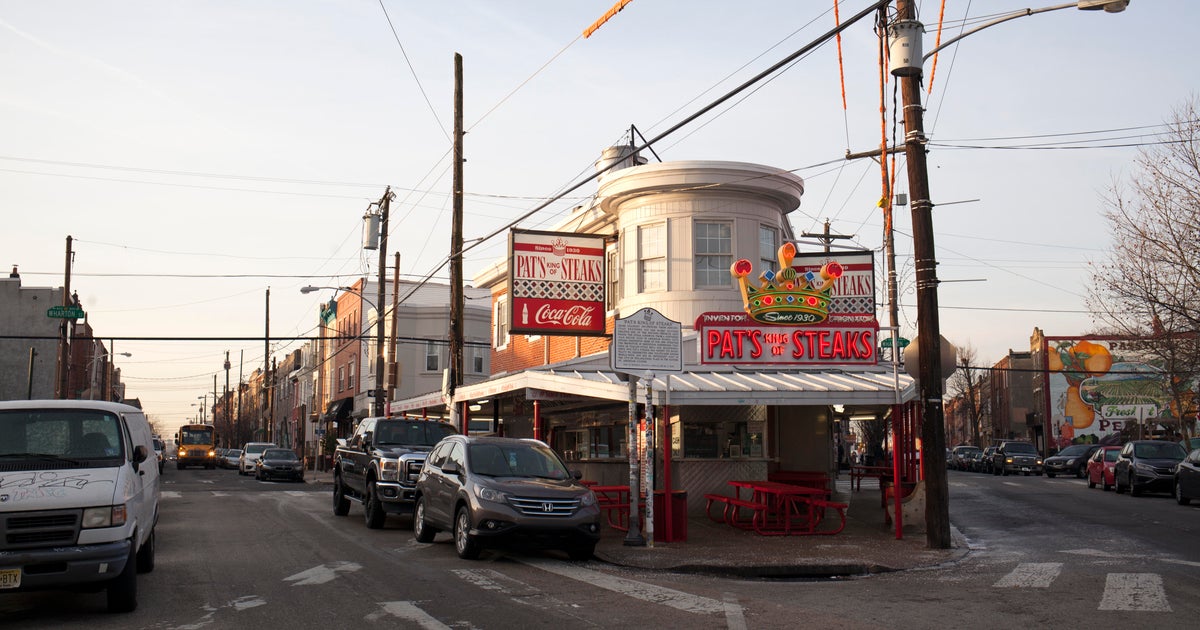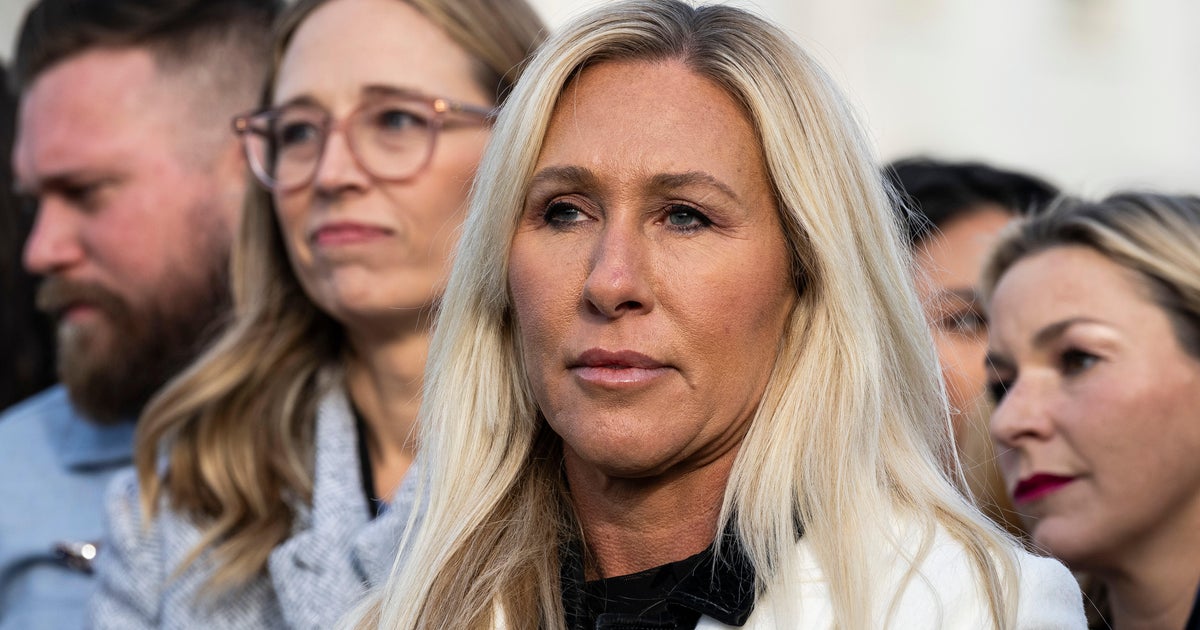Bed Bath & Beyond coupon, gift card deadlines announced with sales set to begin
BOSTON - If you have a stack of Bed Bath & Beyond coupons at home, you only have a few days left to use them. The beleaguered home goods chain that filed for bankruptcy on Sunday has announced the deadlines to take advantage of coupons and unspent gift cards as store closing sales get underway.
Bed Bath & Beyond addresses the coupon situation in a list of frequently asked questions on its website, posted after the bankruptcy announcement.
"We anticipate that we will stop accepting coupons on April 26, 2023, when we will start our store closing sales, where customers will be able to shop for your favorite products at deep discounts," the company states.
Bed Bath & Beyond expects that gift cards will continue to be accepted through May 8, 2023.
The company said it will start an orderly wind down of its operations, while seeking a buyer for all or some of its businesses. In the bankruptcy filing, the retailer said it anticipates closing all of its stores by June 30.
For now, the company's 360 Bed Bath & Beyond stores and its 120 Buy Buy Baby sites as well as its websites will remain open to serve customers.
Earlier this year, Massachusetts stores fell victim to cuts as closures were announced for stores in North Attleboro, Leominster, Hudson, Hadley, Burlington, Dedham, North Dartmouth, Raynham and Pittsfield. In New Hampshire, the Plaistow and Amherst stores were added to the closing list.
The store closings will put thousands of jobs at risk. The company employed 14,000 workers, according to the court filing. That's drastically down from the 32,000 as of February 2022.
Founded in 1971, Bed Bath & Beyond had for years enjoyed its status as a big box retailer that offered a vast selection of sheets, towels and gadgets unmatched by department store rivals. It was among the first to introduce shoppers to many of today's household items like the air fryer or single-serve coffee maker, and its 15% to 20% coupons were ubiquitous.
But for the last decade or so, Bed Bath & Beyond struggled with weak sales, largely because of its messy assortments and lagging online strategy that made it hard to compete with the likes of Target and Walmart, both of which have spruced up their home departments with higher quality sheets and beddings. Meanwhile, online players like Wayfair have lured customers with affordable and trendy furniture and home décor.
In late 2019, Bed Bath & Beyond tapped Target executive Mark Tritton to take the helm and turn around sales. Tritton quickly reduced coupons and started to introduce store label brands at the expense of national labels, a strategy that proved disastrous for the retailer.
And the pandemic, which happened shortly after his arrival, forced the retailer to temporarily close its stores. It was never able to use the health crisis to pivot to a successful online strategy as others had, analysts said. And while many retailers were grappling with supply chain issues a year ago, Bed Bath was among the most vulnerable, missing many of its 200 best-selling items including kitchen appliances and personal electronics, during the holiday 2021 season.
The retailer ousted Tritton in June 2022 after two back-to-back quarters of disastrous sales. In recent months, the company, under the stewardship of recently appointed president and CEO Sue Grove, went back to its original strategy of focusing on national brands, instead of pushing its own store labels. But the company has had a hard time having suppliers commit to delivering merchandise because of the retailer's financial woes.
This past holiday season, the stores were missing many key items, and it lost many customers, a problem that continued to plague the retailer through the winter and spring seasons.
The bankruptcy filing comes as the company's shares have tumbled even more as speculation of an impending bankruptcy filing increased. Its financial performance has also deteriorated. In late March, it noted that preliminary results showed anywhere from a 40% to 50% decline in sales at stores opened at least a year for the quarter ended Feb. 25.
The company also said in a Securities and Exchange Commission filing in late March that it planned to sell $300 million worth of shares to avoid bankruptcy filing.
The home goods retailer had been issuing several warnings about a potential bankruptcy filing since early this year. In late January, it noted in a government filing it was in default of its loans and didn't have the funds to repay what it owes. The company had said the default is forcing the company to look at various alternatives including restructuring its debt in bankruptcy court.
Bed Bath & Beyond joins a growing list of retailers that have filed for bankruptcy so far this year including party supplies chain Party City and David's Bridal. The bankruptcy could offer a window of what's to come in the retail industry, given the changing landscape and the increasing challenges in the U.S. economy.
During the depths of the pandemic, a number of retailers filed for Chapter 11 bankruptcy including Neiman Marcus and J.C. Penney. But in 2022, there was a respite in retail bankruptcy filings as shoppers, flush with government stimulus money and a pile of savings, spent with abandon, helping to lift all types of retailers. But as credit tightens and inflation remains stubborn, shoppers have been tightening their purse strings in recent months, leaving struggling retailers like Bed Bath & Beyond more vulnerable.
Bed Bath & Beyond had been trying to turn around its business and slash costs after the previous management's new strategies worsened a sales slump. The company announced last August it would close about 150 of its namesake stores and slash its workforce by 20%. It also lined up more than $500 million of new financing.
Bed Bath & Beyond's shares, which were trading at distressed levels, have also been on a turbulent run. It made a monstrous run from $5.77 to $23.08 in a little more than two weeks in August. The trading was reminiscent of last year's meme-stock craze, when out-of-favor companies suddenly became darlings of smaller-pocketed investors.
But the stock fell back to Earth after Ryan Cohen, the billionaire co-founder of online pet-products retailer Chewy Inc. who purchased a nearly 10% stake in Bed Bath & Beyond last March, sold off all his shares.







